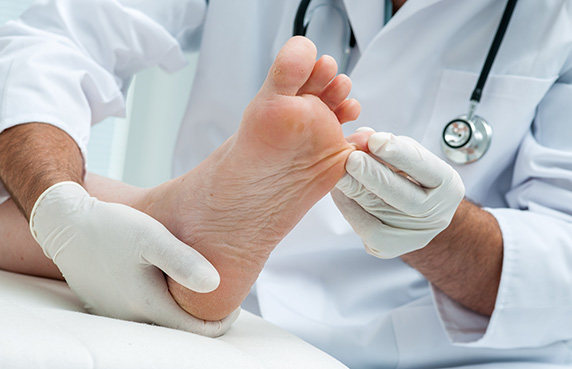Vitamin D deficiency has reached epidemic proportions in the U.S. and Canada and may be a major cause of unexplained muscle and bone pain. Numerous studies report that low vitamin D levels may precipitate or aggravate chronic pain, including low back pain (LBP). The populations with the greatest risk include the homebound elderly; people with pigmented skin, cultural and social avoidance of the sun, or gastrointestinal malabsorption; and people who live in wintertime in climates above and below latitudes of 35 degrees.
The following problems are associated with low levels of Vitamin D:
- Osteoporosis
- Breast cancer
- Prostate cancer
- Colorectal cancer
- Depression
- Schizophrenia
- Fibromyalgia
- Chronic pain, including low back pain
- Rheumatoid arthritis
- Cardiovascular Risk
- Irritable Bowel Disease
- Infertility
- Polycystic Ovary Syndrome
- Multiple Sclerosis
Vitamin D controls phosphorus, calcium, bone metabolism, and neuromuscular function. The medical literature overwhelmingly supports increasing vitamin D and calcium intake as an effective method for decreasing risk of vertebral and non-vertebral fractures. Health care providers should evaluate vitamin D levels as a possible cause of osteoporosis and treat vitamin D deficiency before using prescription drugs for bone health.
Vitamin D deficiency can be prevented by sensible sun exposure and adequate supplementation. Recent recommendations suggest that older adults, people with dark skin, and those exposed to insufficient ultraviolet radiation (i.e., sunlight) should consume extra vitamin D. Vitamin D3, also known as cholecalciferol, is the naturally occurring form of vitamin D. It is formed within the body when the skin is exposed to sunlight (UVB). Studies have proven vitamin D3 to be the most beneficial form of vitamin D, and while vitamin D2 supplements are available, they are generally not recommended as first line therapy.
Vitamin D3 is available in a variety of forms, such as drops and capsules. Recent evidence suggests that consuming vitamin D3 in amounts that exceed the recommended dietary allowance (RDA) may be associated with better health outcomes. Ask our pharmacist to help you select a quality vitamin D supplement.
NOTE: Do not take Vitamin D without talking with your physician if you have ever had arteriosclerosis or heart disease, impaired kidney function/kidney stones, tuberculosis, non–Hodgkin’s lymphoma, primary hyperparathyroidism, hypercalcemia (too much calcium in blood), hyperphosphatemia (too much phosphorus in blood), sarcoidosis or other granulomatous diseases, malabsorption syndrome, or oat cell carcinoma of the lung.
©Storey Marketing. All rights reserved.






